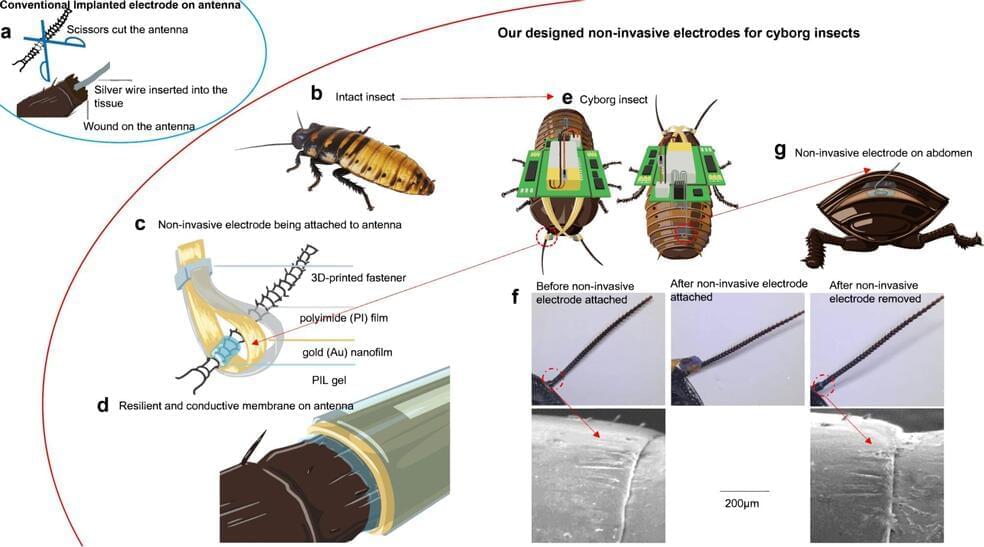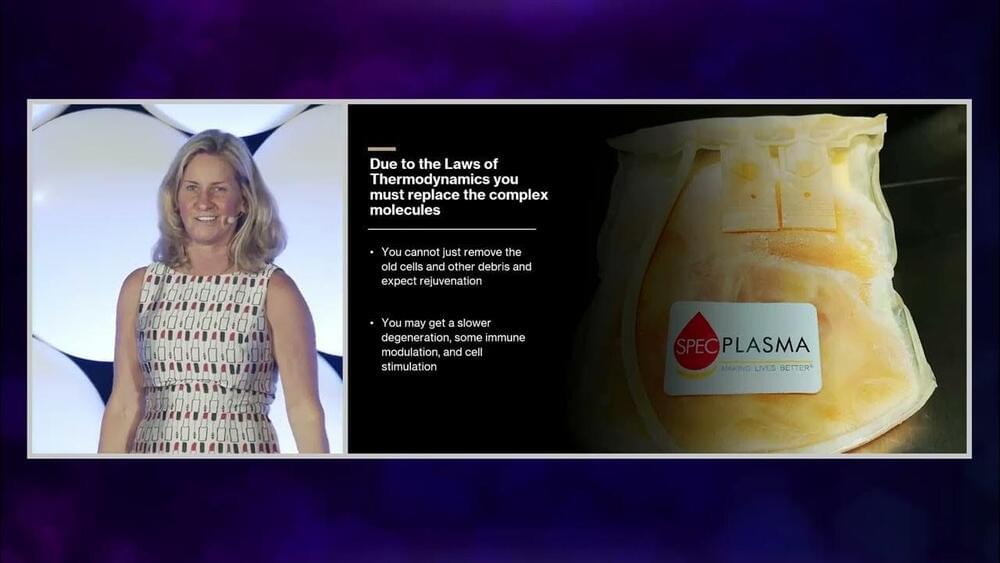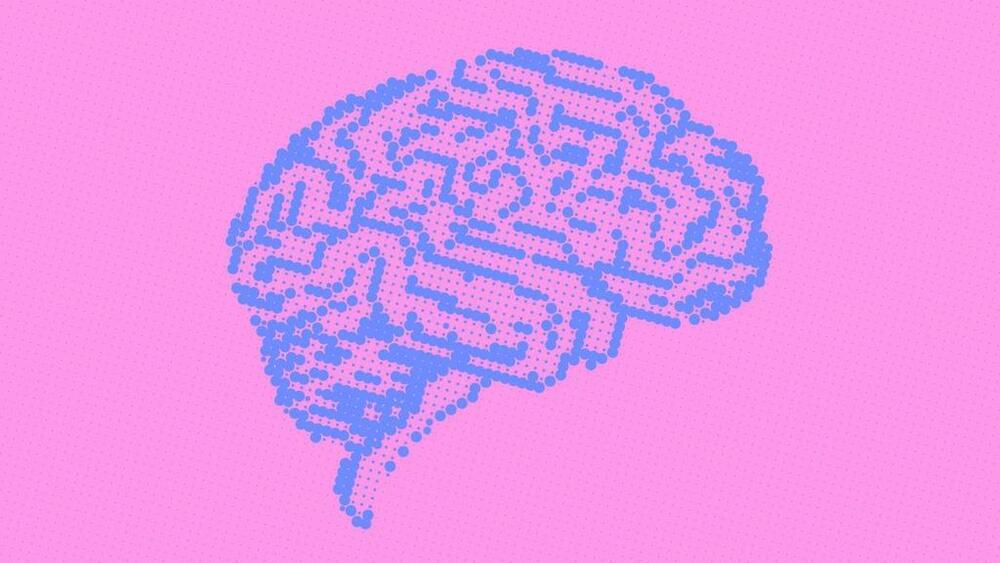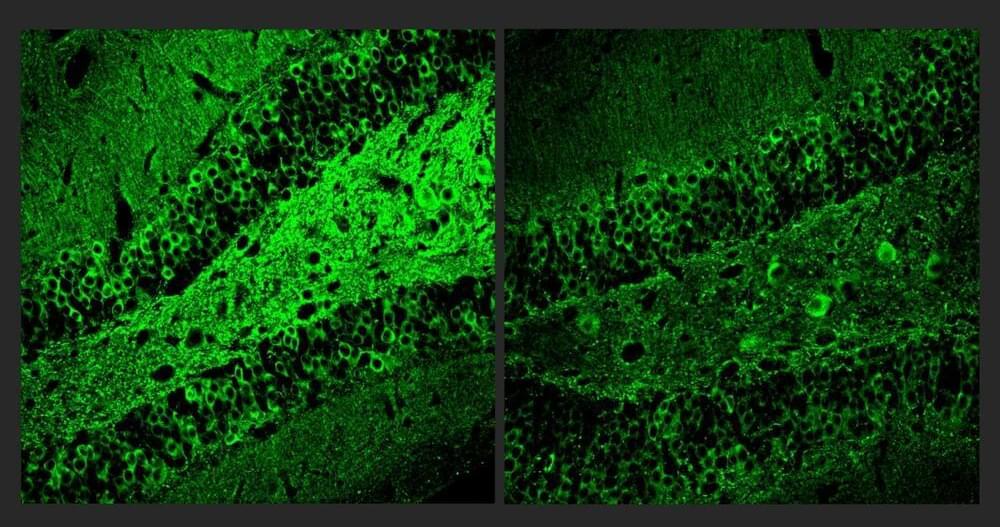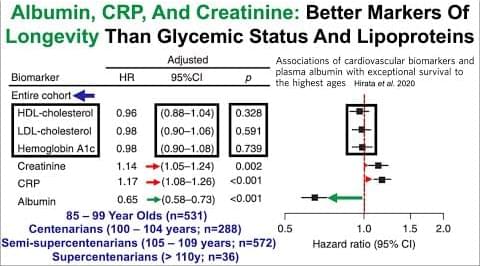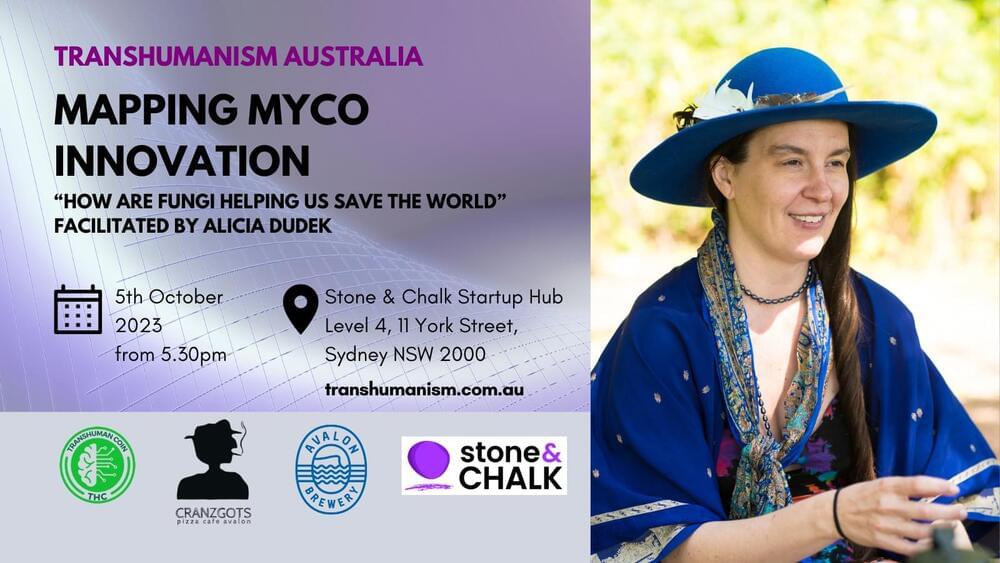Scientists have successfully used nanotechnology to develop a 3D scaffold that supports the growth of healthy retinal cells, a breakthrough that could revolutionize the treatment of age-related macular degeneration (AMD), a leading cause of blindness worldwide. Utilizing electrospinning technology, researchers created a scaffold that, when treated with the steroid fluocinolone acetonide, enhances the resilience and growth of retinal pigment epithelial cells, potentially aiding in the development of ocular tissue for transplantation.
Scientists have discovered a way to use nanotechnology to create a 3D ‘scaffold’ to grow cells from the retina. This breakthrough could lead to innovative approaches for treating a common source of blindness.
Researchers, led by Professor Barbara Pierscionek from Anglia Ruskin University (ARU), have been working on a way to successfully grow retinal pigment epithelial (RPE) cells that stay healthy and viable for up to 150 days. RPE cells sit just outside the neural part of the retina and, when damaged, can cause vision to deteriorate.



